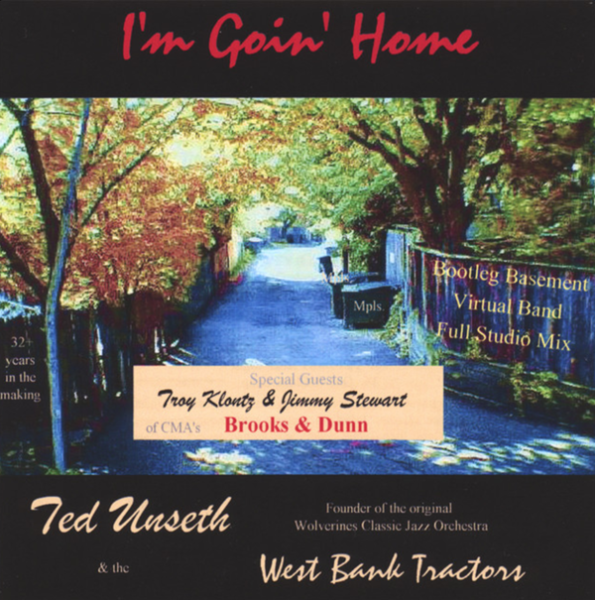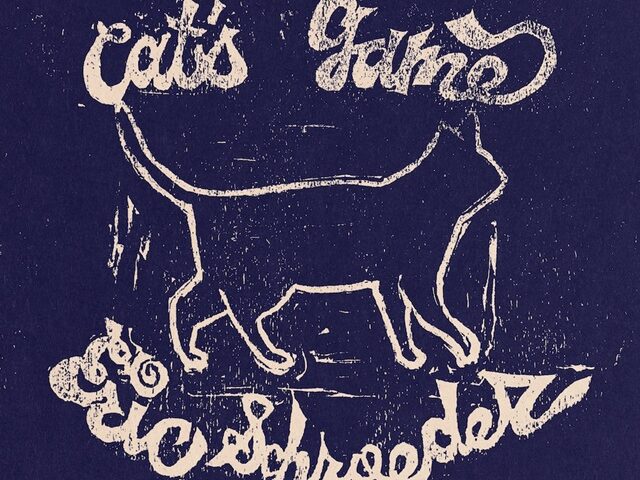
I’m Goin’ Home is a collection of quality songwriting from Ted Unseth, culled from original recordings via old reel-to-reel and cassette recorders. While Unseth’s musical output since 1973 has been devoted largely to his work with the Americana Classic Jazz Orchestra, he wrote a variety of material as a singer/songwriter from 1965 to 1972. This look back at Unseth’s material shows a songwriter with a commendable talent for lyrical introspection and melodic folk songwriting.
“Going Home” was a track written by Unseth in the late ’60s or early ’70s, and is lovably infused with pedal steel, bass, and fiddle loops. Inspired by a move back to Minneapolis, “Going Home” is exemplary of Unseth’s gripping lyrical exploration — chronicling a man who falls in love, and is going straight home to his baby — within a warming range of twangy guitars and forlorn vocal reflections, straddling singer/songwriter and country appeal with melodically immersive entrancement.
“Honey, we’re runnin’ out of money,” the initial vocals lament on “Fallin’ Down in Rainy Weather,” a Dylan-esque folk tune with “glossolalia” lyrical spontaneity; it’s another highlight on a release full of standouts. In the instrumental realm, “The Polishing Rag” weaves quaint guitar twangs for a lush, minimalist engrossment. Initially forgotten by Unseth, “The Polishing Rag” resurfaces with a tranquilly consuming charm — propelled by heart-tugging guitar work and sincere lyrical outputs.
Unseth’s natural, no-frills folk approach can conjure visions of forest-set solitude, certainly, and the echo-y haunts of “The River Crossed Its Heart Off” wholly embraces that feeling. “If only I could leave the city, you know that everything could be all right,” Unseth sings, echoing the themes of “I’m Goin’ Home” and “Cabin On The Hill” with a yearning for a simpler, introspective locale — and in this case, spurred by an envisioning of building a log cabin; the track makes one want to head for the forest and escape from the daily tumult and bustle.
Stirring lyrical perspectives enamor throughout, depicting a wide breadth of characters — both endearing and detestable. In the latter case, “Hey There, Dog” laments on the animal victims who die at the hands of cruel people. “Now you’re gone; and all that I remember is you and your doggone eyes,” the track concludes, as one yearns for the presence of their beloved animal companion. “Troubador Lament” is another compelling character exploration, weaving haunting folk guitar and string-laden hints amidst reflections of the serenading role and ensuing unrequited love. The “she will be my friend forever, no more no less,” line sends chills in particular, emphasizing a tortured state of in-between.
Ted Unseth uncovers a wide breadth of riveting folk songwriting here, infusing personal narratives, reflections on characters, and musical explorations within a consistently enveloping range of songwriting.






I can hardly believe it–this is a great review; better than expected. Thank you Mike! This is exactly what I’ve been looking for all these years.